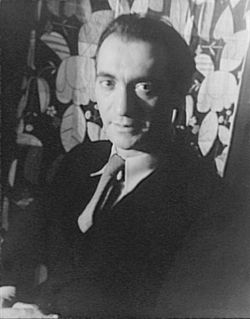| Jews by country |
|---|
This is a list of Hungarian Jews. There has been a Jewish presence in today's Hungary since Roman times (bar a brief expulsion during the Black Death), long before the actual Hungarian nation. Jews fared particularly well under the Ottoman Empire, and after emancipation in 1867. At its height, the Jewish population of historical Hungary numbered more than 900,000, but the Holocaust and emigration, especially during the 1956 Hungarian Revolution, has reduced that to around 100,000, most of whom live in Budapest and its suburbs.
Contents
- Historical figures
- Athletes
- Boxing
- Canoeing
- Fencing
- Figure skating
- Gymnastics
- Soccer (association football)
- Swimming
- Table tennis
- Tennis
- Track and field
- Water polo
- Wrestling
- Other sports
- Olympic gold medalists at the Summer Games
- Before the Holocaust
- After the Holocaust, 1948-1972
- Artists
- Business
- Businessmen
- Industrialists and bankers
- Chess players
- Film and stage
- Actors
- Directors, screenwriters, and industry
- Historians
- Inventors and scientists
- Nobel Prize winners
- Physicists
- Social scientists
- Mathematicians
- Music
- Composers
- Conductors
- Musicians
- Performers of music
- Psychoanalysts
- Religious figures
- Writers
- Families ennobled between 1874 and 1918 (mainly industrialists)
- See also
- End notes
- References
- General references
- External links
This is a list of anyone who could be reliably described as "Hungarian" and is of significant Jewish heritage (ethnic or religious). See List of Hungarian Americans for descendants of Hungarian émigrés born in America, a significant number of whom are of Jewish ancestry.
The names are presented in the Western European convention of the given name preceding the family name, whereas in Hungary, the reverse is true, as in most Asian cultures.












